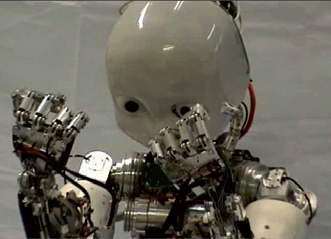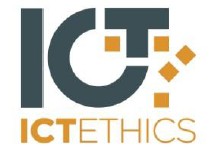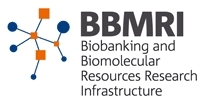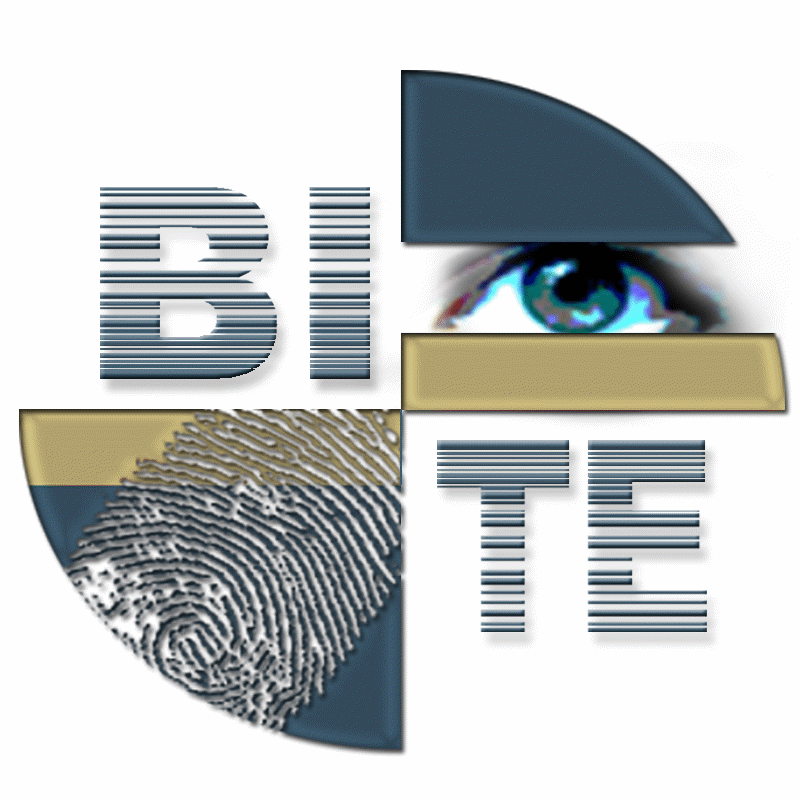ICTethics Conferences
-
ICT that makes the difference
The international conference, ICT that makes the difference: The future of Ambient Intelligence and ICT for Security, was held at the Hotel Métropole in Brussels 22-25 November 2009. See conference programme and a publication of abstracts, posters & research materials.
Conference organising committee
Guido van Steendam (chair)
Kristrún Gunnarsdóttir
Juliet Lodge Paul McCarthy
Silvia Polverini
Stefano Rodotà
Pinellopi Troullinou -
Highlights at the 2009 conference
Golden Keynote Lectures were given by Emile Aarts, the director of the Philips Experience Lab in Eindhoven (NL) and Kevin Warwick, professor of cybernetics at the University of Reading (UK).

Emile Aarts offered a historical account of his visionary work and leadership in Ambient Intelligence (AmI) research. He reflected on the promises and failures of the original AmI vision, and addressed some of the shifts in research aims and perspectives over the recent years. Rather than aiming solely at effectiveness and productivity, AmI researchers are now more focused on supporting care, well-being, education, and creativity. They have adopted a radically user-centred approach to design, as he put it, and taken keen interest in the concept of "social intelligence" and how it can be broken down to achieve meaningful activities in AmI environments. By that he also referred to extensive efforts by researchers to better understand how computational devices can be "socially embedded" to support, what he called, synergetic prosperity, ie., outcomes where everyone wins.
Kevin Warwick gave an account of living with passive and active implants to explore the potentials and limitations of enhancing his physical abilities. He took examples of remote-controlling devices through (with) an implant and of communicating with another enhanced body, more specifically, his wife. He also discussed The Animat Project, interfacing computers with growing cultures of neurons via electrode arrays, with the aim of having the cultures learn to control mobile robots", as stated on the research team´s website. The key issues he raised centred on the challenge of what it actually means to be human and the argument that we should experiment to enhance ourselves or to develop true bio-machine hybrids. As he argued, it is not his place to engage in an ethical debate on these matters but if serious concerns are raised with respect to such experiments, he should be notified (or stopped). At a ceremony following their talks, both were awarded the Golden Eurydice Award for their "Personal vision on ICT".A Keynote Lecture was also given by the roboticist, Gianmarco Veruggio (Istituto di Elettronica e di Ingegneria dell'Informazione e delle Telecomunicazioni, Italy), who offered an overview of rapid developments in robotics
 and elaborated the need for embedded and operational ethics.
He talked about the Roboethics programme which he founded himself, and he explained a number of
potentially controversial issues relating to the ongoing developments. He drew attention to
prevailing assumptions about human intelligence, emotion, needs and sociality, all of which underpin many robotic designs. He questioned the extent to which these assumptions
are accurately conceived and contemplated some of the consequences of disseminating misleading information about the capabilities of robots. The key issue
he stressed, however, is the fact that roboticists are not ethicists or policy makers. For this they need to collaborate with the relevant
experts and governing bodies.
and elaborated the need for embedded and operational ethics.
He talked about the Roboethics programme which he founded himself, and he explained a number of
potentially controversial issues relating to the ongoing developments. He drew attention to
prevailing assumptions about human intelligence, emotion, needs and sociality, all of which underpin many robotic designs. He questioned the extent to which these assumptions
are accurately conceived and contemplated some of the consequences of disseminating misleading information about the capabilities of robots. The key issue
he stressed, however, is the fact that roboticists are not ethicists or policy makers. For this they need to collaborate with the relevant
experts and governing bodies.
Sessions were organised into nine themes each of which covered one or two sessions, including paper presentations, commentaries, critiques, questions and answers.
1) ICT, health and care (2 sessions)
2) Security and biometrics (2 sessions)
3) Legal Aspects (2 sessions)
4) The future of the internet (1 session)
5) Robotics and convergence of the real and the virtual (2 sessions)
6) Learning from converging technologies (1 session)
7) Technology, its users and society (2 sessions)
8) Developing new research (1 session)
9) European Research Area & ESLA of science (2 sessions)Discussion session was also held on the Tuesday afternoon with poster presentations and research materials, divided into five themes:
1) Uses of Ambient Intelligence (6 posters; 2 comments)
2) Security (1 poster)
3) ICT, health and care (1 poster; 1 comment)
4) Ethical aspects (1 poster; 1 comment)
5) Legal aspects and privacy (1 comment)
See the publication of abstracts, posters & research materials.
-
Cesagen's contribution
Cesagen invited the roboticist, Gianmarco Veruggio, to lecture on state-of-the-art robotics and the development of the Roboethics programme. Cesagen also organised three session:
1) Medical Access to the Human Brain was focused on the latest developments in implants that communicate directly with the body/brain for medical purposes. The advancement of brain implants, and the possibility of mixing implants with gene therapy to restore functions, raise a number of questions about promissory technologies, advanced therapies, brain-device interdependence, risk management, reversibility, quality of life, autonomy and independent living, technology governance, and more. The speakers were Rolando Meloni (Institut National de la Santé et de la Recherche Médicale, France) and Elizabeth Hildt (Universität Tübingen, Germany). The session was chaired by Ruth Chadwick(Cardiff University, UK). Invited commentator was Anthony Mark Cutter (University of Central Lancashire, UK).
2) Robotics in daily life started with Gianmarco Veruggio´s Keynote Lecture, followed by two presentations by Atta Badii (University of Reading, UK) and Mark Coeckelbergh (University of Twente, Netherlands). The session was focused on robots as companions and robots as co-operative with and among humans and/or with each other, able to receive (perceive), process and broadcast information in (and out of) people´s homes. These topics raised a number of questions about social inclusion / exclusion, human needs and values, vulnerability in human-robot relations, dignity and privacy, robots for security, technological "fix", health care issues, managing sensitive information, and more. The session was chaired by Kristrún Gunnarsdóttir (Lancaster University, UK). A final comment was provided by Gianmarco Veruggio.
3) Disappearing interfaces was focused on the latest developments and ESLA-related concerns regarding body implants and other ways in which the interface can "vanish" between humans and devices. Questions were raised of how we come to terms with reflections on practices that promise to re-engineer and re-ontologize the infosphere, foregrounding concerns about the technicalisation of the body as a resource, social pressures for and against, safety and reliability, risk management, implants in selected social groups, relevance, and more. The speakers were Bert Gordijn, Fernand Doridot and René Reiners. The session was chaired by Kristrún Gunnarsdóttir (Lancaster University, UK). Invited commentator was Luciano Floridi (University of Hertfordshire & University of Oxford, UK).
Based on some of the topics raised in these sessions, is the December 2010 special issue on the convergence of the physical, mental and virtual in the international journal, Studies in Ethics, Law, and Technology. Guest editor: Kristrún Gunnarsdóttir.
One of the allocated tasks of the ICT ethics project is to organise international conferences. The key objective in organising these conferences is stated in the project description as "strengthening interaction with international research in ICT ethics". In addition to that, considerable emphasis is focused on developing a wider network, inclusive of ICT engineers and visionaries and their outlook on new and emerging ICTs.













